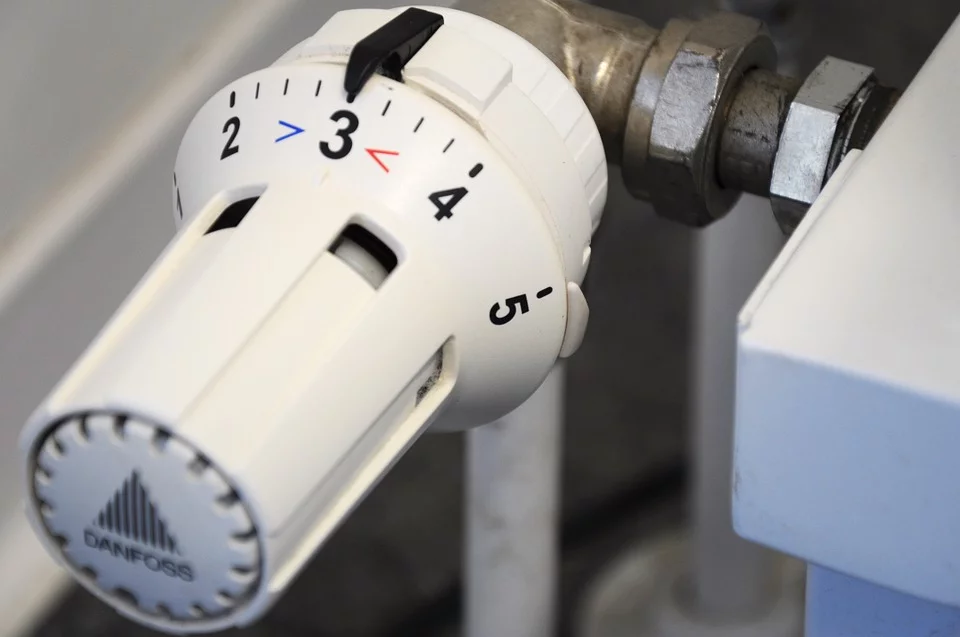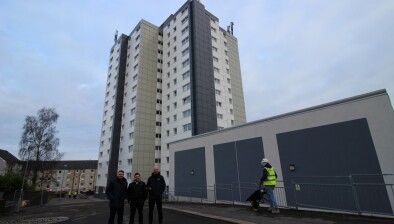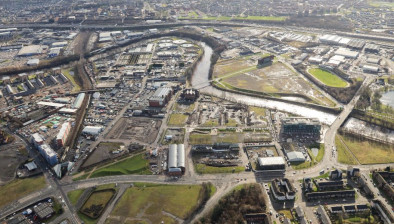Black’s Blog: Will tenants pay for the Scottish Government’s green revolution?

Jimmy Black wonders if tenants will end up paying for zero emissions heating systems, and notes that industry innovators like River Clyde Homes and Warmworks are finding ways to reduce that risk.
I am full of prejudice. I am particularly prejudiced against storage heaters which warm your house when you’re out and leave you cold when you’re in. Tenants tend to hate them and want them replaced with gas boilers which seem so much cheaper to run. Now, of course, gas boilers are on the way out by diktat of the Scottish Government. And if we want to save the planet, that’s not a bad thing.
NESTA has some interesting statistics on gas and climate change. Taking seven transatlantic flights emits less carbon than your trusty boiler. You could eat 1,263 burgers and emit fewer greenhouse gases (thankfully, they don’t explain the mechanics of that). So it does appear there are good reasons for banning gas boilers in new build homes as from 1 April 2024. Social landlords have already been denied grants for new installations after December this year.
The Scottish Government impact assessments surrounding their heat in buildings policies suggest that fuel poverty is unlikely to be a major problem for most new homeowners, and insisting on zero direct emissions heating in new homes will only add about 3% to the cost of a typical property. In other words, they’ll cope.
What about the tenants of new socially rented homes? They’ll find themselves using air source heat pumps, storage heaters, panel heaters, electric boilers or maybe hydrogen. Arguably all of these heat sources are more expensive than gas boilers. Fuel poverty is already found in the social rented sector, even amongst those who live in energy efficient homes. Are tenants going to end up paying for the Scottish Government’s green revolution?
Well, it’s a risk. Assuming the new houses we build are highly energy efficient and the new systems are correctly installed, tenants in new homes should probably be OK. The bigger risk comes for people in flats which are poorly insulated and lack space for air source heat pumps, solar panels or big hot water tanks. The easiest and quickest zero carbon fix for them is, probably, storage heaters.
So let me cast aside my blinkers and try to think positively about warming up metal boxes of bricks. Our latest SHN podcast features Ross Armstrong from Warmworks, the organisation which runs the Warmer Homes Scotland programme. I asked him what he thought about storage heaters, and he had a balanced view. Ross believes the newer High Heat Retention storage heaters can work well, but they would work better if power companies provided cheaper tariffs at various points throughout the day. He also thinks of them as batteries, potentially storing off peak electricity, or solar power, in the form of heat.
He also explained why electricity prices are, unfairly, so much higher than gas – listen to the podcast if you want to know – and sets out his plans for the new version of Warmer Homes Scotland which will get going later this year.
On the face of things, tenants will also end up paying, through their rents, for the extra costs of zero emission heating systems in new build properties and for retrofitting. Richard Orr from River Clyde Homes is the other guest in our podcast, and he explains why his association will no longer build new homes, and concentrate on retrofitting.
It’s clear that Richard and his colleagues are putting a huge amount of thought into the different ways the wide range of building types they manage can be upgraded. Heat networks are part of their thinking, maybe energy networks too.
It’s not just about the technical stuff; they are also thinking creatively about how to find new sources of funding. If warm homes save the health board money, maybe there could be a budget transfer. Instead of planting trees in spurious carbon credit schemes, maybe airlines could pay for zero carbon heating systems. Well, why not?
The Scottish Housing News Podcast is co-hosted by Kieran Findlay and Jimmy Black. All episodes are available here as well as on the following platforms:









